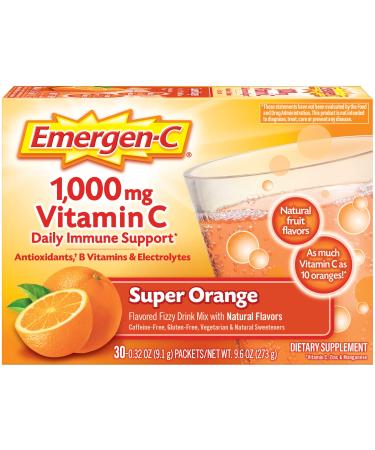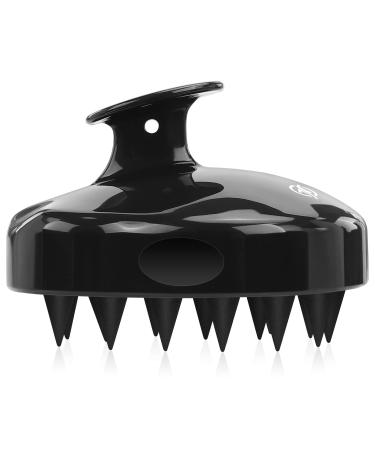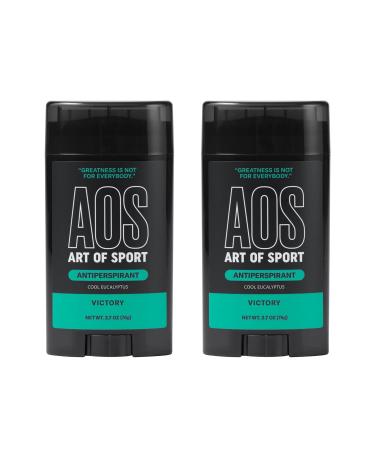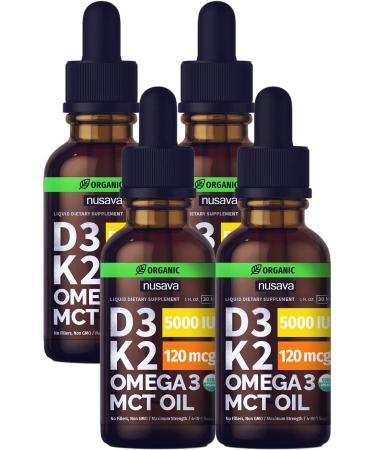Pine nuts of all nuts contain most of the vitamin B1.They are also rich in niacin.This has an antioxidant effect and is important for the regeneration of skin, muscles and nerves.Pine nuts also contain a lot of vitamin A and vitamin B2.Vitamin A is involved in skin formation, the formation of mucous membranes and cartilage tissue.Everyone has certainly heard that carrots are good for the eyes.The reason for this is the vitamin A, which, in addition to carrots, can also be found extensively in pine nuts.Vitamin B2 is of great importance for many metabolic reactions and the breakdown of carbohydrates, fatty acids and amino acids.A lack of vitamin B can lead to serious illnesses.In addition, pine nuts are rich in the minerals phosphorus, calcium and iron.Pine nuts are also called pine nuts, Pignoli, Pinioles or Zirbeltün.The small pignols are often used in salads, sauces, cakes and baking.They have an intense and slightly nutty taste.The small seeds can be fried in oil for a more intense taste.Average nutritional values per 100g condensing energy (in kj): 2816 condensing energy (in kcal): 673 egg whites protein: 13.7 g of carbohydrates carbohydrates: 13.1 g of it sugar thereof sugar: 3.6 g fat FAT: 68.4 g saturated fatty acids saturated fady acids: 4.9 g Simply unsaturated fatty acids mono Unsaturated fatty acids: 18.8 g polyunsaturated fatty acids poly Unsaturated fatty acids: 34.1 g fiber dietary fibre: 3, 3,7 g salt salt: 0.005 g Allergens can contain traces of nuts and peanuts of origin of China Ingredients ingredients Pine nutsdried gently.natural.unw ed.Without flavorings, without dyes.Pine nuts of all nuts contain most of the vitamin B1.Von allen Nüssen enthalten Pinienkerne das meiste Vitamin B1. Zudem sind sie reich an Niacin. Dieses hat eine antioxidative Wirkung und ist wichtig für die Regenerierung von Haut, Muskeln und Nerven. Pinienkerne enthalten zudem viel Vitamin A und Vitamin B2. Vitamin A ist an der Hautbildung, an der Bildung von Schleimhäuten und von Knorpelgewebe beteiligt. Jeder hat sicherlich schon einmal gehört, dass Möhren gut für die Augen sind. Grund hierfür ist das Vitamin A, welches neben Karotten auch umfangreich in Pinienkernen wiederzufinden ist. Vitamin B2 ist von großer Bedeutung für viele Stoffwechselreaktionen und dem Abbau von Kohlenhydraten, Fettsäuren und Aminosäuren. Ein Mangel an Vitamin B kann zu teils schweren Erkrankungen führen. Daneben sind Pinienkerne reich an den Mineralstoffen Phosphor, Kalzium und Eisen. Pinienkerne werden auch Piniennüsse, Pignoli, Piniolen oder Zirbelnüsse genannt. Die kleinen Pignolen werden gern in Salaten, Soßen, Kuchen und Backen verwendet. Sie haben einen intensiven und leicht nussigen Geschmack. Für einen intensiveren Geschmack können die kleinen Kerne in Öl angebraten werden. durchschnittliche Nährwerte pro 100g BRENNWERT ENERGY (in kj): 2816 BRENNWERT ENERGY (in kcal): 673 EIWEIß PROTEIN: 13,7 g KOHLENHYDRATE CARBOHYDRATES: 13,1 g DAVON ZUCKER THEREOF SUGAR: 3,6 g FETT FAT: 68,4 g GESÄTTIGTE FETTSÄUREN SATURATED FATTY ACIDS: 4,9 g EINFACH UNGESÄTTIGTE FETTSÄUREN MONO UNSATURATED FATTY ACIDS: 18,8 g MEHRFACH UNGESÄTTIGTE FETTSÄUREN POLY UNSATURATED FATTY ACIDS: 34,1 g BALLASTSTOFFE DIETARY FIBRE: 3,7 g SALZ SALT: 0,005 g Allergene kann Spuren enthalten von Nüssen und Erdnüssen Ursprungsland China INHALTSSTOFFE ZUTATEN Pinienkerneschonend getrocknet. naturbelassen. ungeschwefelt. ohne Aromastoffe, ohne Farbstoffe. Von allen Nüssen enthalten Pinienkerne das meiste Vitamin B1.Naturkost Schulz - Pinienkerne 1 Kg, ungesalzen, naturbelassen, Premium Ware Qualität A1 Ungesalzen 1 kg (1er Pack)






![Stewart Freeze Dried Dog Treats Made in USA [Single Ingredient Puppy and Dog Training Treats - Grain Free Natural Dog Treats] Resealable Tub to Preserve Freshness](https://www.gosupps.com/media/catalog/product/cache/25/small_image/375x450/9df78eab33525d08d6e5fb8d27136e95/6/1/61gwbbixarl._ac_sl1500_.jpg)







